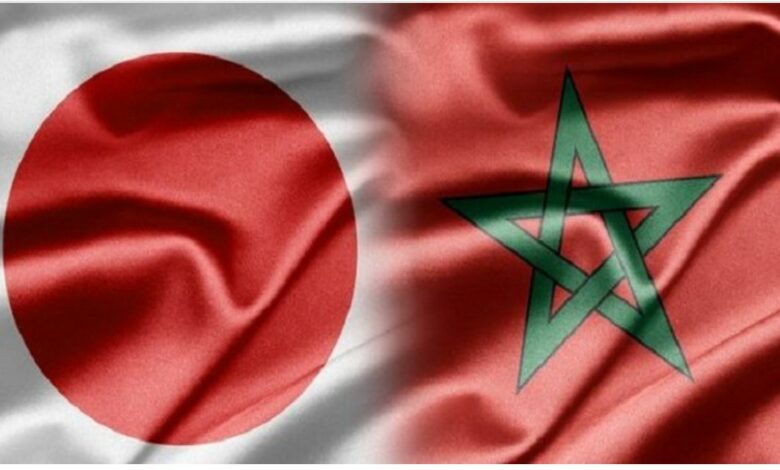The Sahara Issue: Japan Strengthens Its Support for Morocco and Places Algeria in Growing Diplomatic Isolation

ALDAR / Sara Loukili
The TICAD-9 summit, held in Yokohama, once again revealed the true stance of major powers on the Sahara conflict. Japan dealt a diplomatic blow to Algeria and its creation, the Polisario Front, by clearly reaffirming—for the third time in two days—that it does not recognize the separatist entity and maintains no official relations with it. Tokyo clarified that invitations to attend the summit were exclusively extended to countries with which it has established diplomatic ties, noting that the presence of Polisario representatives resulted solely from the insistence of the African Union Commission, without any official backing from the host nation.
This Japanese clarification was not merely a procedural formality; it was a clear political statement reflecting Tokyo’s firm position and its deep understanding of the artificially manufactured conflict over the Moroccan Sahara. It also sends an indirect message highlighting Algeria’s growing isolation on the international stage after repeated failures to promote its separatist agenda within regional and global organizations.
Strategically, this stance opens the door to a new phase in Morocco-Japan relations. With its political stability and unique geostrategic position linking Europe, Africa, and the Atlantic, Morocco represents a natural partner for Tokyo in its efforts to strengthen its economic and political presence across the African continent. Furthermore, the alignment between the two countries on principles of sovereignty and territorial integrity provides a solid foundation for expanding bilateral cooperation in industrial and technological investment, alongside security collaboration to address transnational challenges.
Most importantly, Japan’s position aligns with a broader international context supporting Morocco’s autonomy plan as the only serious and realistic solution to the conflict. In recent years, dozens of countries have embraced this approach, either by opening consulates in Laayoune and Dakhla or through explicit political statements affirming Morocco’s sovereignty over its southern provinces. Tokyo’s stance adds another link to a series of international positions that consolidate the Moroccan Sahara as a firmly established political and legal reality.
In this sense, Japan’s statements in Yokohama go beyond a mere response to Algeria and the Polisario’s maneuvers. They mark a new milestone confirming that the international recognition process steadily favors Morocco, while the separatist agenda faces unprecedented isolation in the face of legitimacy and political realism.





